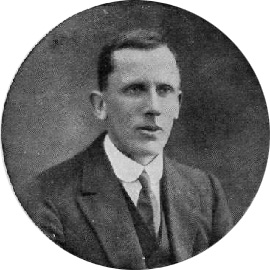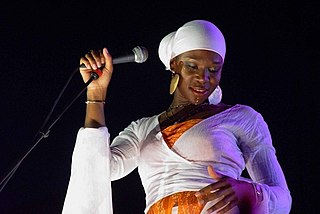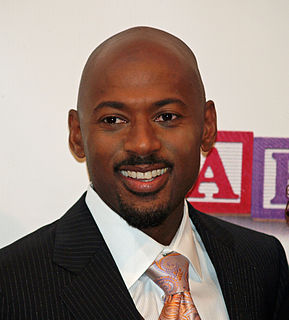A Quote by James McBride
The abolitionists were not like the rugged people out West, and they were not like John Brown, either. They were people who made speeches and did politics.
Related Quotes
There was a Yale even before Larry [Kramer] and I got there, and there were three designations of students: "white shoe," "brown shoe," and "black shoe." "White shoe" people were kind of the ur-preppies from high-class backgrounds. "Brown shoe" people were kind of the high school student-council presidents who were snatched up and brushed up a little bit to be sent out into the world. "Black shoe" people were beyond the pale. They were chemistry majors and things like that.
I could never be Charlie Chaplin. But the films that were made by people like him, or Gene Wilder, or John Candy, the people that inspired me so much were the people that were able to combine humor with heartbreak so beautifully and fluidly. Those films I think were what inspired me to want to come to L.A. and audition for movies.
They are evil people, the press, the media, they are bad people, and nobody, nobody lies like they do. I never like it when they tell me that, and I'm sure they're right, but when people say things that are fabrication - you know, there were fabricated stories made up, these were fabrications. Out of nowhere.
I was in favour of the death penalty, and disposed to regard abolitionists as people whose hearts were bigger than their heads. Four years of close study of the subject gradually dispelled that feeling. In the end I became convinced that the abolitionists were right in their conclusions...and that far from the sentimental approach leading into their camp and the rational one into that of the supporters, it was the other way about.
A while back there was this fad where a big star [would get] a producing credit and you'd ask around, and people were like, "No, they didn't produce, they just took the credit." I was flabbergasted. So when I started, people were weirded out by the fact that I was like, "How long is our prep? I'll come a week before that." They were like, "We're not shooting for six weeks."
My parents had come from Mexico, a short road in my imagination. I felt myself as coming from a caramelized planet, an upside-down planet, pineapple-cratered. Though I was born here, I came from the other side of the looking glass, as did Alice, though not alone like Alice. Downtown I saw lots of brown people. Old men on benches. Winks from Filipinos. Sikhs who worked in the fields were the most mysterious brown men, their heads wrapped in turbans. They were the rose men. They looked like roses.
I don't know if any of you feel this way, but it's like eventually, you see a woman come on screen and you go, "Oh, thank God!" You just sort of need a break from all this testosterone, which happened, I think, in one of my films, The Hurt Locker. I was in it for like five minutes, and people were like, "You were in that movie!" And I was like, "Well, kind of." And they were like, "No, you were!" 'Cause they needed a woman!
No one else noticed, or cared. It was just something they did. Taking other people’s livestock. Other people’s lives. She watched the soldiers, hating them. They were different in so many ways, white and black, yellow and brown, skinny, short, tall, small, but they were all the same. Didn’t matter if they wore finger-bone necklaces, or baby teeth on bracelets, or tattoos on their chests to ward off bullets. In the end, they were all mangled with battle scars and their eyes were all dead.
Well, Led Zeppelin IV! That's it really. I'll tell you why the album had no title - because we were so fed up with the reactions to the third album, that people couldn't understand why that record wasn't a direct continuation of the second album. And then people said we were a hype and all, which was the furthest thing from what we were. So we just said, `let's put out an album with no title at all!' That way, either people like it or they don't... but we still got bad reviews!





































